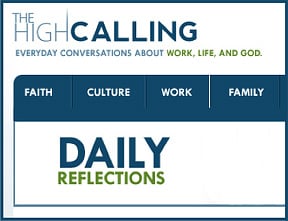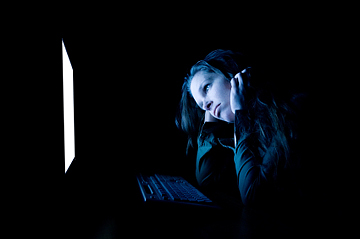The hit movie, The Social Network, paints an ironic, sad picture of relationships in the age of Facebook. The creators of the most powerful social media website in the world, one that focuses on having lots of friends, are utterly unable to have true friendships. They are social failures, even though they have made billions of dollars by promoting social media. (Note: This is the vision of the movie. I am not in a place to comment on the social lives of Mark Zuckerberg and his colleagues, though the plethora of Facebook-related lawsuits suggests some measure of social ineptitude. Time Magazine’s stories associated with Zuckerberg’s title of Person of the Year 2010 reveal a much more social person than The Social Network portrays.)
You can have hundreds or even thousands of friends on Facebook, but does that make you more social? Does Facebook contribute to deeper and wider social experience? Or does it, as many critics allege, reflect and contribute to social impoverishment?
The New York Times recently reported on a new study that seeks to answer some of these questions with actual data. “Does Facebook Make Someone Social Offline?” summarizes an academic report from the Department of Radio-Television-Film at the University of Texas in Austin. Here’s part of the Times summary:
According to a cheery report out of the University of Texas, Austin,
Facebook actually makes us more sociable. Surveying 900 current and
recent college graduates nationwide, Craig Watkins and Erin Lee of the
Department of Radio-Television-Film at the University of Texas examined
the impact of Facebook on users’ social lives, concluding that “social
media afford opportunities for new expressions of friendship, intimacy
and community.”The two point to young peoples’ propensity to use Facebook to stay in
touch with far-flung friends (47 percent say it’s very important) and
family members (35 percent). Four to five years ago, Dr. Watkins said,
young people’s social networks were far more limited. “It would have
been unimaginable for young people to have their family members as part
of their network.”
As you would expect, not everyone agrees with Watkins’ upbeat appraisal of the impact of Facebook. The Times article includes a quote from one informed naysayer:
Sherry Turkle, author of a new book, “Alone Together: Why We Expect
More From Technology and Less From Each Other,” said that the study
allows Facebook to define what makes for social behavior.“I’m all for sharing photos, but you can be pro-photo sharing without
being convinced that it expands our social lives,” Dr. Turkle said.
“It’s a way of defining downwards what it means to be social.”
So what do you think? If you are a Facebook user, how has this impact your social life? Are you more social? Less social? Are you social in different ways?
And what do you observe in your friends, both tangible and digital? How has Facebook impacted their social lives?

